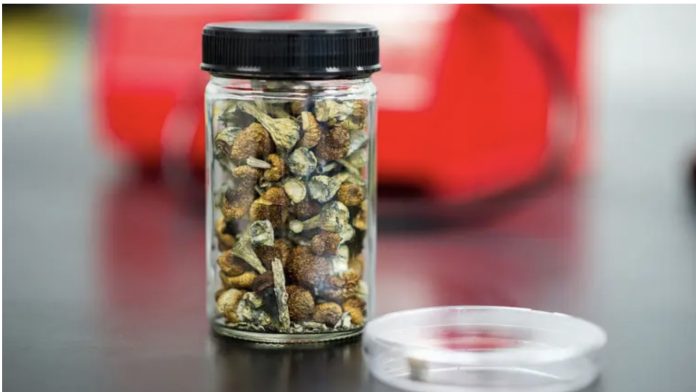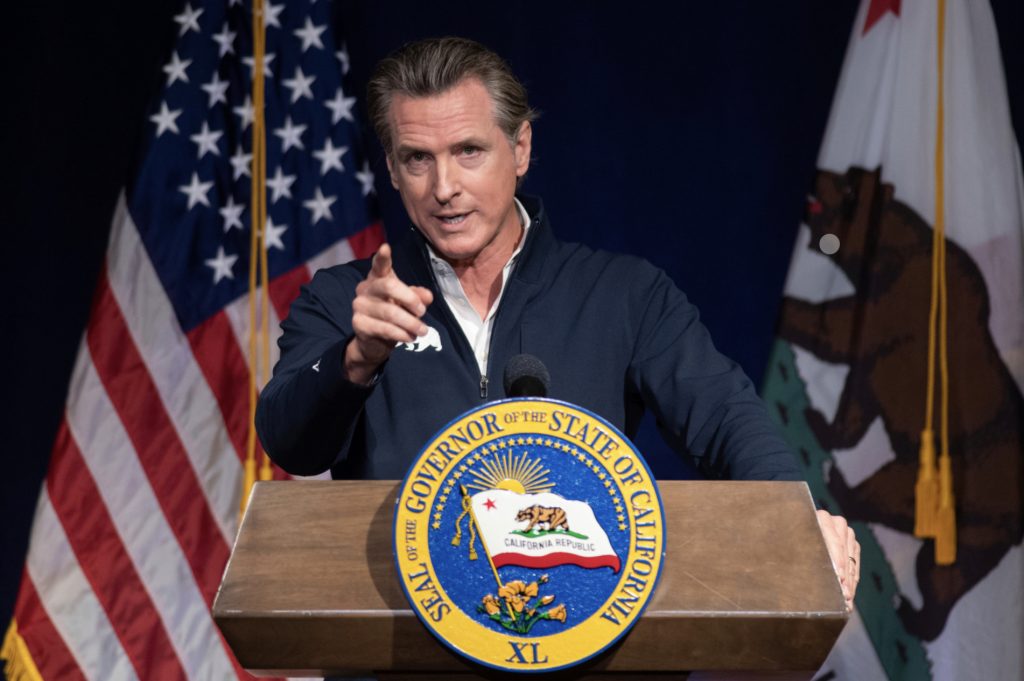
The healing potential of psychedelics is finally starting to be embracesd for the benefit of society as a whole. A breakthrough was close in California, where a bill aimed at decriminalizing psychedelic mushrooms, dimethyltryptamine (DMT), and mescaline made its way to Governor Gavin Newsom’s desk. However, on a fateful Saturday, hopes were dashed as Newsom wielded his veto power, preventing the bill from becoming law. In this blog post, we will explore the implications of this decision, examining the arguments on both sides and delving into the potential benefits and risks of decriminalizing these substances.
The Veto Decision

Newsom’s veto of the bill, which would have allowed individuals aged 21 and older to possess psilocybin, DMT, and mescaline, has sparked both disappointment and outrage among proponents of psychedelic medicine. The decision came as a surprise to many, given the growing body of research highlighting the therapeutic potential of these substances. Supporters of the bill argue that decriminalization would have allowed for further exploration of their potential benefits, such as treating mental health disorders like depression, anxiety, and PTSD. They point to studies showing promising results, with patients reporting profound personal insights, enhanced well-being, and reduced symptoms after psychedelic-assisted therapy sessions.
The Healing Potential of Psychedelics
Psychedelic substances have a long history of use in various cultures for spiritual and healing purposes. Recent scientific research has reignited interest in their potential therapeutic applications. Studies conducted at prestigious institutions like Johns Hopkins University and Imperial College London have shown promising results, with psilocybin-assisted therapy demonstrating significant and sustained reductions in anxiety and depression in cancer patients.
Balancing Risks and Rewards
As with any therapeutic intervention, the use of psychedelic substances carries inherent risks that must be carefully considered. It is essential to establish comprehensive regulatory frameworks, including professional training and certification for therapists, standardized dosing protocols, and robust safety measures to ensure responsible and ethical use.
Moreover, public education campaigns can play a pivotal role in dispelling myths and misconceptions surrounding psychedelics, fostering informed discussions, and promoting responsible use. By providing accurate information and guidelines, individuals can make informed decisions about their own health and well-being.
While critics argue that decriminalization may lead to an increase in recreational use, it is important to remember that decriminalization does not equate to a free-for-all. Rather, it provides an opportunity to shift the conversation from punishment to harm reduction, focusing on education, prevention, and support rather than criminalization.
The vetoing of the bill to decriminalize psychedelic mushrooms, DMT, and mescaline by Governor Gavin Newsom represents a missed opportunity for California. While concerns over safety and regulation are valid, it is crucial to strike a balance that allows for responsible use while maximizing the potential benefits for individuals suffering from mental health disorders. As the conversation around psychedelics continues to evolve, it is our collective responsibility to advocate for evidence-based policies that prioritize public health and well-being, ensuring that the healing potential of these substances is not overlooked or dismissed.





